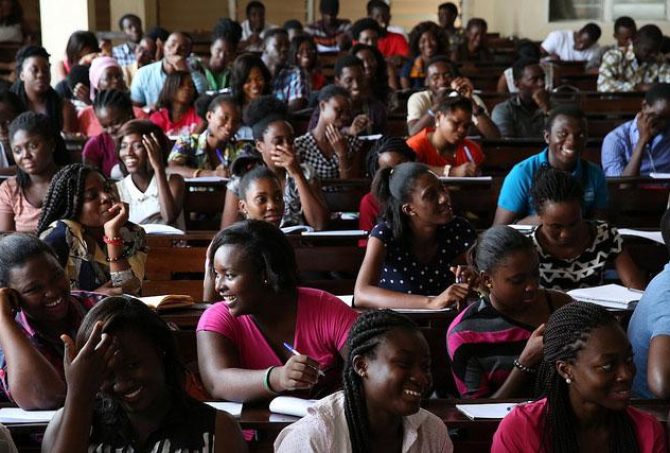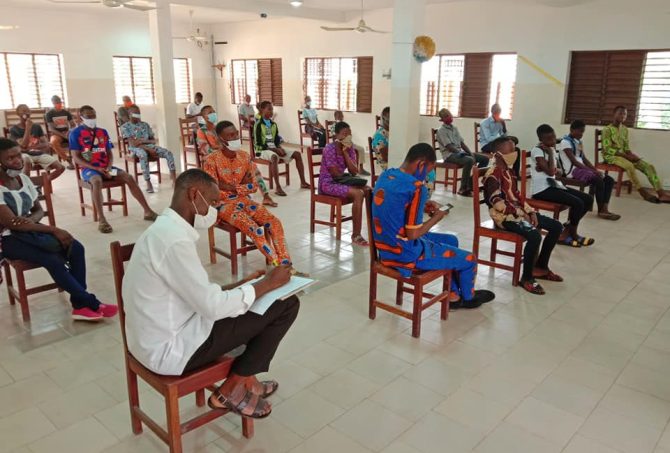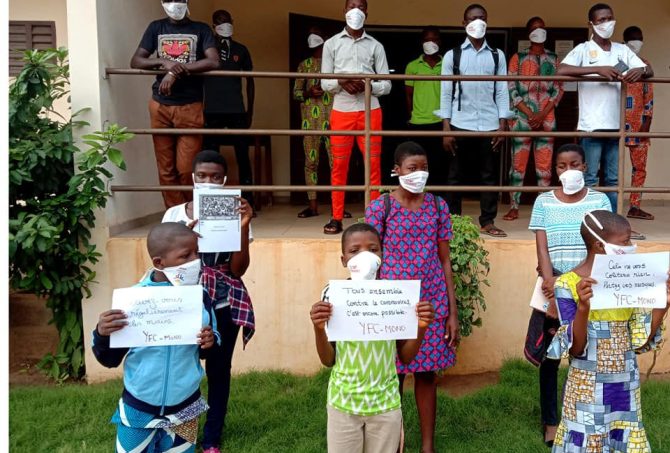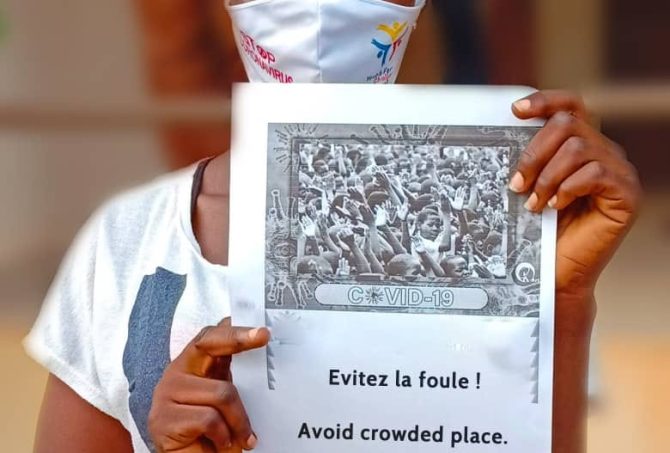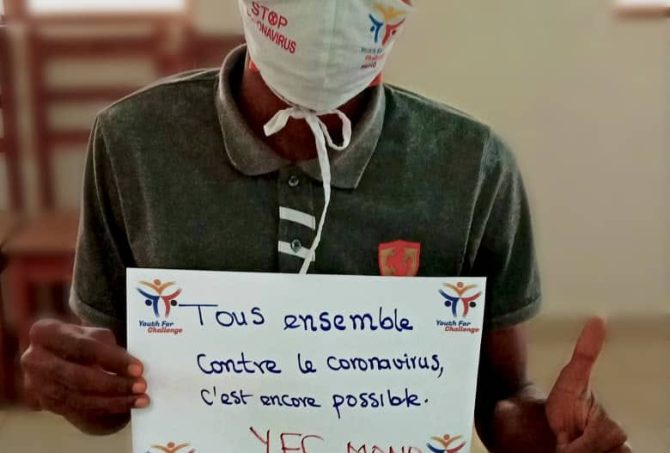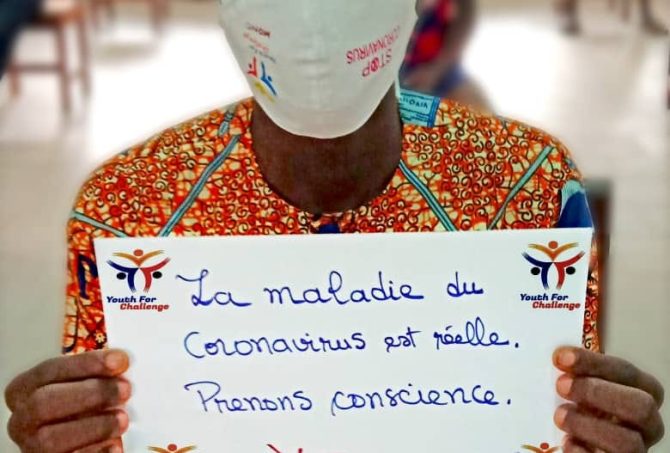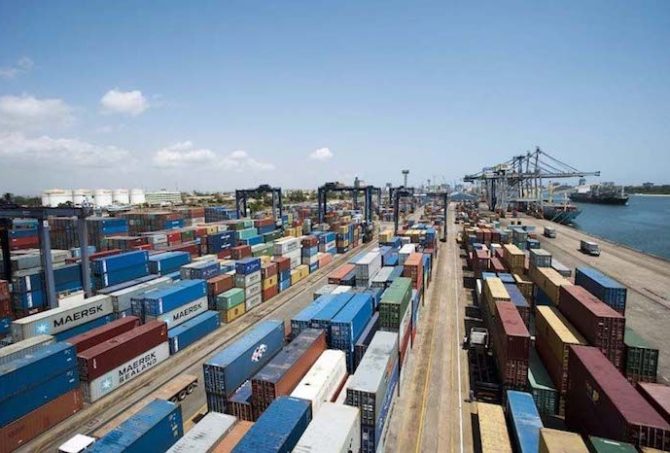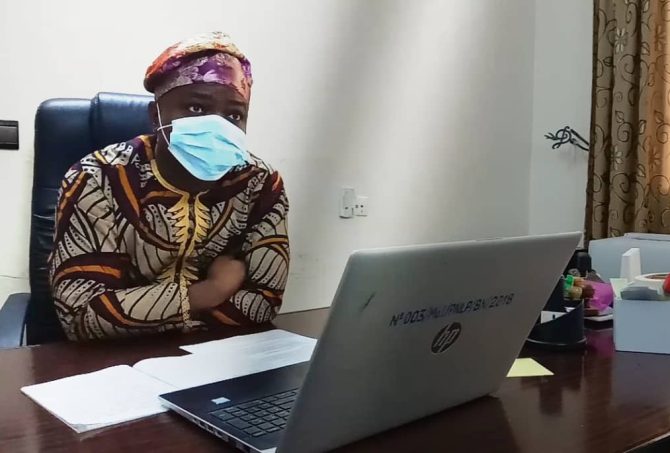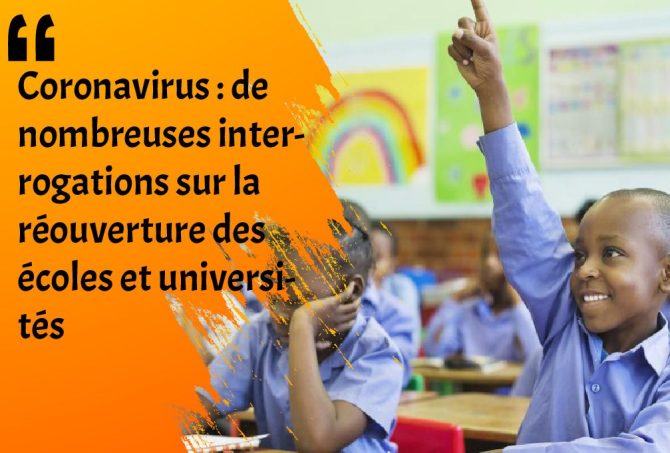Coronavirus and containment: let's talk about it
Sommaire
Globally, counters are going wild.
174 countries affected, more than 380,000 people infected, nearly 17,000 dead (L'Internautre). But take a deep breath of inspiration: nearly 102,000 people sick with the coronavirus are still cured. It was not yet the glaciation that made the dinosaurs leave. The apocalyptic authors will have to wait to have their bestsellers. The human race does not appear to be in peril. Let us remain calm but vigilant. For five cases officially confirmed in Benin without any deaths, Benin is doing better in the sub-region, some would say.
[covid19]
Response strategies take different forms
Fortunately, strategies to cope with the spread of the coronavirus are being tested here and there. The acquisition of screening kits by the hundreds of thousands (250,000 kits acquired in Egypt according to the Financial Afrik information site), the strengthening of hospital reception capacities (beds equipped in particular as in Morocco), the construction of hospitals additional (the military one of Touba in Senegal for example), the establishment of sanitary cordon around the cities exposed to the pandemic (eight communes in the case of Benin), the state of emergency in Senegal, increased awareness and holidays schools in advance, the closing of places of worship and others, are all measures that show their effectiveness (or their limits).
What about the need for containment
Even if it seems extreme and unwanted by many Beninese, confinement remains the solution that has enabled many countries including China to control the spread of the threat and to preserve the integrity of their households (Wuhan was notably saved by strict confinement for more than two months). The fear of community contamination and especially the asymptomatic nature of certain layers of the population reinforce the need defended by pro-containment. Above all, it will be a question of staying at home, a self-isolation that restricts the movements that were once usual. This implies for civil servants and company personnel to work from home (when possible, teleworking is not in our cultures) since administrations and companies will be closed. The rare outings will be devoted to races or to seek treatment in strict compliance with health measures. Pupils and students will have to follow the courses via e-learning platforms (unfortunately this will not be the case in many countries south of the Sahara). Public transport prohibited and the police on duty in our cities for the supervision of habits and customs. Our countries will idle. Rwanda has already shown the dreaded face since Sunday March 22 after its 19 confirmed cases.
What arrangements must be made before any confinement?
You will need to eat and drink well, have the ideal heating, have the means to communicate and surf the web (for the millions of addicts on social networks), take good care of yourself so as not to have a baby boom in December 2020. Do your best. food supplies (preferably local consumption) and first aid, charcoal, gas and electricity credit, indoor sports equipment (for those who have the means), plenty of films for moviegoers, books for reading , fruits and herbal teas that strengthen the immune system, wellness products for women and children, games for children, etc. Make sure you have enough water (a water cut happened so quickly). Avoid excess alcohol and tobacco. You will understand that our lungs will be strained.
Containment will not be enough, says a WHO expert
According to Mike Ryan, an expert from the World Health Organization (WHO), countries cannot content themselves with confining their populations to stem the coronavirus pandemic (Reuters). It is urgent that our States put in place strong public health measures in order to identify and isolate those who have the virus and especially their contacts. This would prevent the curve of the pandemic from sharpening with the restriction of movements and the confinement desired by a good section of Benin society. A monitoring committee, not in the offices of the ministries but in the villages and neighborhoods of towns, hamlets and remote corners of our country.
Let everyone take their responsibilities and the coro will disappear as it came. We will win together.
[COVID19]


